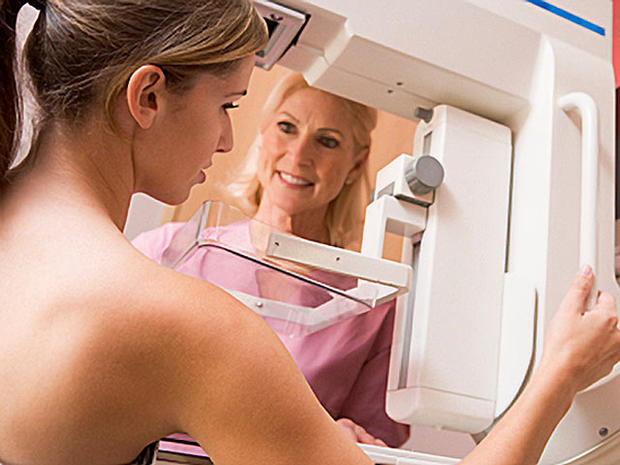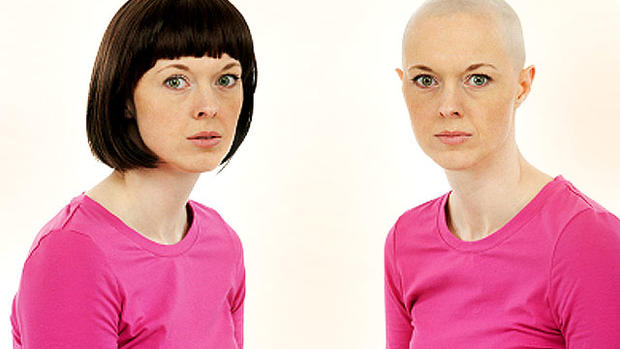Mammograms save fewer lives than many think, study shows
(CBS) How effective are mammograms at saving lives? A lot less effective than they're made out to be, a new study suggests.
PICTURES: 25 breast cancer myths busted
For the study - published in the Oct. 24 issue of the Archives of Internal Medicine - researchers used a mathematical model to estimate a 50-year-old woman's breast cancer survival chances after getting diagnosed from a mammogram. They found that there was only a 13 percent chance that the test would actually save a 50-year-old woman's life.
Thirteen percent? That suggests the other 87 percent's lives were not saved from the scan, according to study author Dr. H. Gilbert Welch, a professor of medicine at Dartmouth University.
Welch said early breast cancer detection from a mammogram might not help all women, because now that mammograms are more advanced than ever before, they sometimes pick up a slow-growing cancer that may never cause symptoms or threaten a woman's life.
"The presumption often is that anyone who has had cancer detected has survived because of the test, but that's not true," Dr. Welch told the New York Times. "In fact, and I hate to have to say this, in screen-detected breast and prostate cancer, survivors are more likely to have been overdiagnosed than actually helped by the test."
Why do so many women think mammograms are life-savers? Welch thinks it's because the message is more personal than it's ever been. Today, more people are likely to know a cancer survivor than ever before, with breast cancer especially - representing one-fifth of the current survivor population.
"Perhaps the most persuasive messages promoting screening mammography come from women who argue that the test 'saved my life,'" Welch said in a written statement.
He said better treatments for breast make it possible to save more women with the disease. That reduces the benefits of early screening.
"For years we've been looking harder and harder for cancer," Welch told Reuters. "I think the time has come to ask the question, 'What if we looked a little less hard?'"
Each year more than 230,000 American women are diagnosed with breast cancer. Nearly 70 percent of American women 40 years of age and older have had a mammogram within the past two years.
The American Cancer Society says women should get one every year starting at age 40, while the U.S. Preventive Services Task Force recommends against routine mammograms for women in their 40s, saying women in their 50s should get one every other year.


